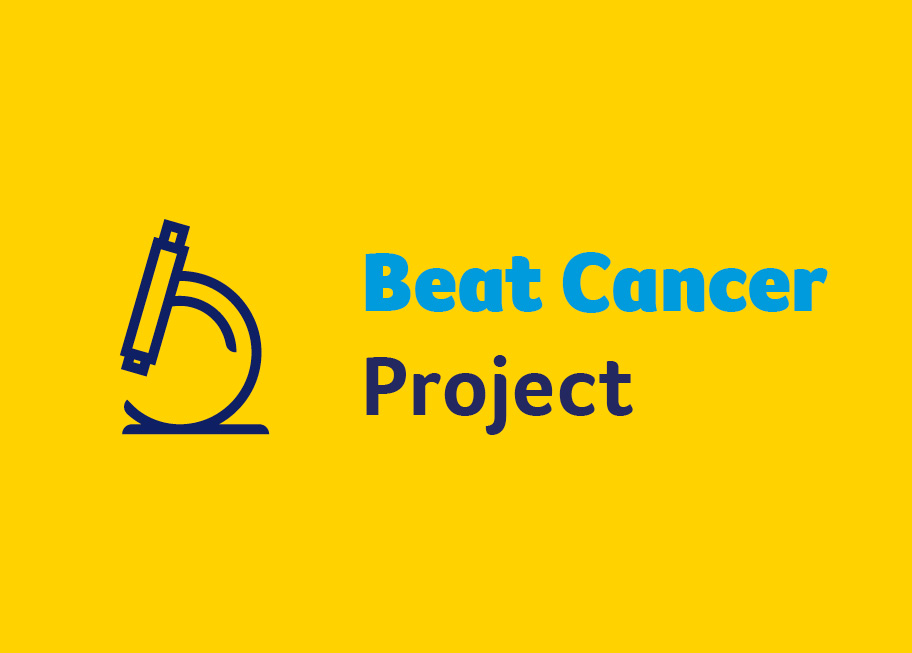
Donor Funding: $239,867
Cancer Type: Colorectal
Cancer Stage: Screening and early detection
Funded in: 2023
Dr Norma Bulamu
Flinders University
Problem: Colorectal cancer (CRC), also known as bowel cancer, is the third most diagnosed cancer in Australia with over 15,000 Australians diagnosed annually and is responsible for 11% of cancer deaths. Individuals with a family history of CRC, or those who have developed a precursory lesion for cancer, have a higher risk of developing future CRC. Therefore, Australian prevention guidelines for CRC recommend that these individuals undergo regular surveillance colonoscopies to identify and remove any pre-cancerous lesions.
This approach does not personalise surveillance, resulting in some individuals developing CRC despite being under surveillance, and others having frequent colonoscopies with no cancer or precursory lesions found. In 2018/2019 Medicare subsidised 147,679 colonoscopies for surveillance and nearly half had no precursory findings. Due to limited public hospital resources, we need to ‘maximise the efficiency’ of CRC prevention by undertaking fewer colonoscopies and reducing strain on the health care system.
Solution: This project will develop a risk model to predict the probability of developing cancer and precursory lesions by analysing existing patient data collected from a long-term Australian surveillance program. The cost-effectiveness of scheduling surveillance colonoscopy based on risk will be determined by modelling the burden of colonoscopy on health care system costs, assessing patient and family costs, and health and quality of life outcomes. This will be a game changer, as it uses real-world data to develop comprehensive, but easily obtainable, risk profiles. This study will ensure that findings are economically feasible to support the implementation towards an improved CRC prevention strategy.